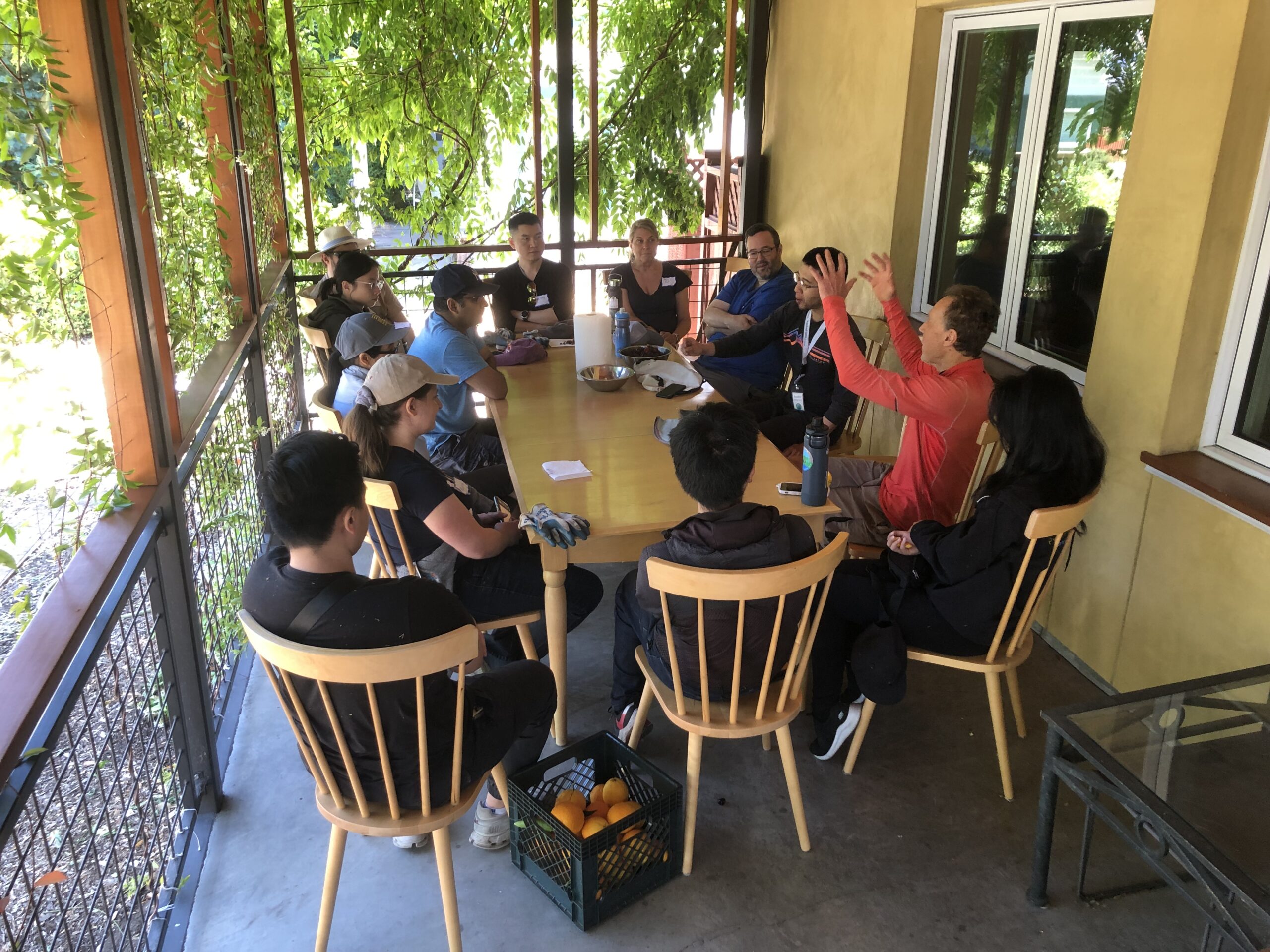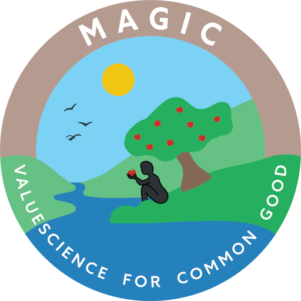
Many times every day, each of us asks consciously and unconsciously, “What do I want?” and “How can I get it?” We respond to these questions with ideas about value.
We perceive value imperfectly. For example, we sometimes get what we thought we wanted and wonder why we wanted it, or we do what we deemed sufficient and fail to obtain intended outcomes.
Because we can fulfill current want—whether it be for a drink of water a few moments from now, a comfortable retirement in thirty years, or peace on Earth—only in the future, we realize value only to the extent we predict with accuracy both that we’ll feel satisfaction when we attain our ends and that we’ll prove our means sufficient.
Over many millennia, humans have identified a set of behaviors, which we now term a “scientific method” or “science,” by which we discover repeating patterns and use them to make successful predictions. We have included in this method questioning, imagining, observing (both with physical senses and by introspection), reasoning, predicting, testing prediction against experience, inviting others to do so, and—critically important—repeating these and other sciencing behaviors without end.
With science we’ve basis for meaningful choice, since we necessarily ground such choice in foreknowledge of outcome. By sciencing we increase satisfaction and lessen suffering.

Whenever we ask, “What do I want?” or “How can I get it?”—whenever we address questions of value—we have opportunity to valuescience. By evolving to practice more competently, we may more accurately discern and more fully realize value. We may more often get what we want and feel satifaction with what we get.
Once, many people held beyond the domain of scientific inquiry questions about origins of the universe, Earth, and life. Today a growing number more often science to address these questions and perceive that when we approach them by other means, we pose impediments to our and others’ living and dying well.
Despite this trend to expand the purview of science, people around the globe still hold many, and in some cases nearly all, questions of value as we describe them here beyond the realm of science. As more people more broadly and consistently science in response to questions of value, we evolve shared culture that we make basis for cooperating to live and die well. ❧

Article “Foundational Language for Ecological Culture,” Communities Magazine
“Two Foundational Sciencing Insights” Poster along Stanford “Dish” recreational loop
Booklet: Valuescience
